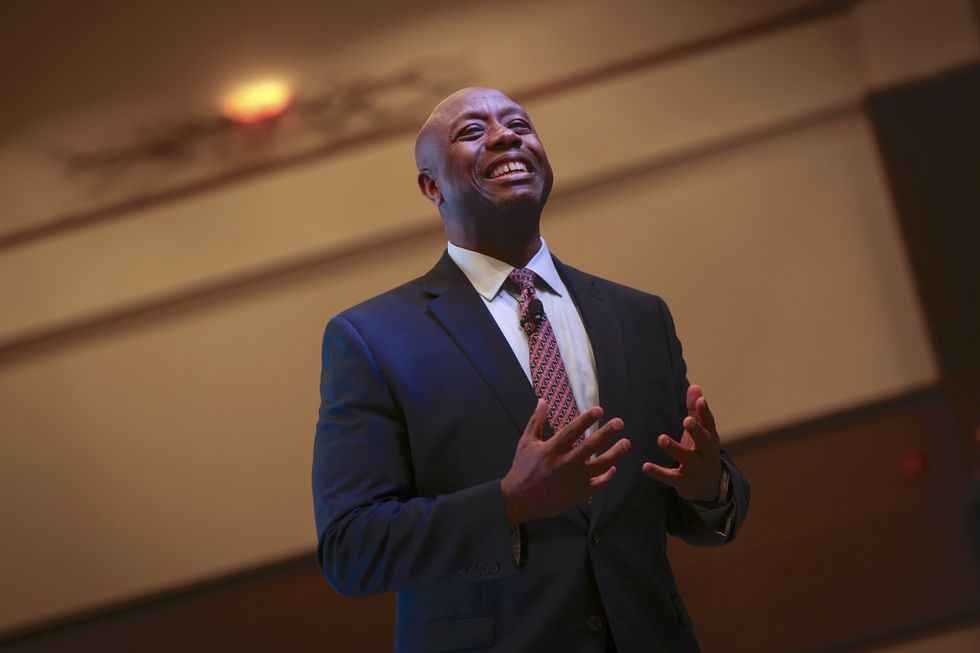U.S. Senator Tim Scott’s Controversial Remarks on President Biden’s Role in Hamas Attacks
Outrage Over Senator Scott’s Accusation
U.S. Senator Tim Scott’s claim that President Joe Biden bears responsibility for the Hamas terrorist attacks on Israel, and has “blood on his hands” after more than 1000 Israelis were slaughtered, is being met with outrage. In his remarks at The Hudson Institute, a think tank known for its close ties to the Pentagon, Senator Scott declared, “There is no both sides. There is no moral equivalency. We’re talking about terrorists killing innocent civilians.”
Scott’s comments have sparked controversy and debate, with many criticizing his strong language and accusing him of politicizing a complex and sensitive international issue. Some have defended his right to speak out against terrorism and hold leaders accountable for their actions.
The Impact on Relations Between Israel and the U.S.
Senator Scott’s remarks have the potential to strain relations between Israel and the United States, as well as impact the Biden administration’s foreign policy approach in the Middle East. The accusation that President Biden is complicit in the Hamas attacks could create tension and distrust between the two allies.
Effects on Global Perception
Internationally, Senator Scott’s statements may be viewed as inflammatory and divisive, with the potential to harm the reputation of the United States as a diplomatic mediator in the Israeli-Palestinian conflict. The rhetoric of blaming one leader for acts of terrorism could detract from efforts to promote peace and stability in the region.
Conclusion
In conclusion, Senator Tim Scott’s accusation that President Joe Biden has “blood on his hands” for the Hamas attacks on Israel has stirred controversy and criticism. The impact of his remarks on U.S.-Israel relations and global perceptions of American leadership remains to be seen, but it underscores the challenging dynamics at play in the ongoing conflict in the Middle East.





